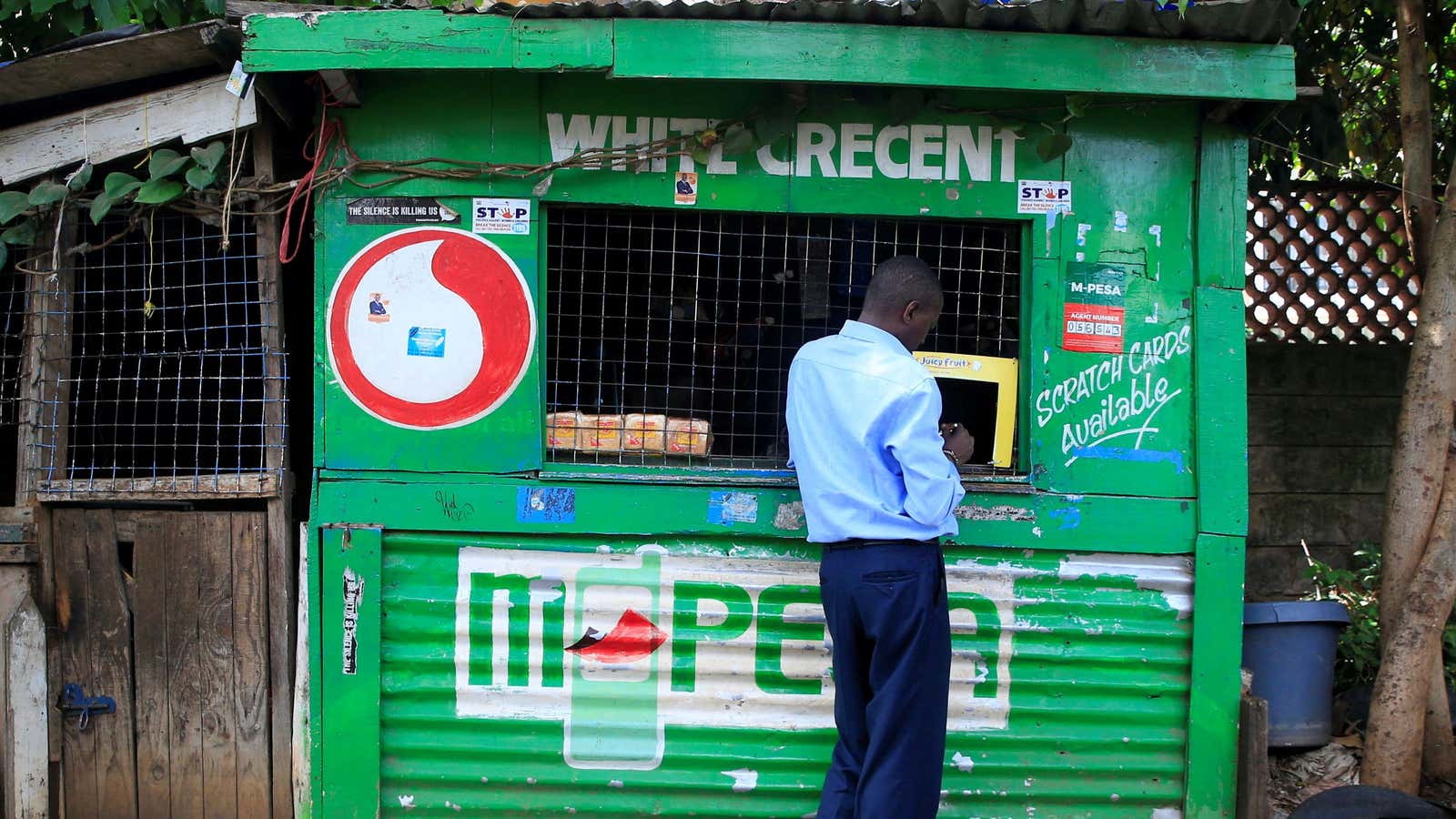M-Pesa, developed by Safaricom in Kenya, is a mobile money transfer and financial services platform that has revolutionized the way people in East Africa conduct financial transactions. M-Pesa shops, also known as M-Pesa agents or M-Pesa kiosks, are physical locations where customers can deposit, withdraw, and transfer money using the M-Pesa platform. Here are some key business insights into running an M-Pesa shop and how to generate profit:
Licensing and Partnership: To operate an M-Pesa shop, you need to obtain the necessary licensing and approvals from Safaricom or the relevant mobile network operator in your region. Typically, you'll need to partner with the telecom company to become an authorized M-Pesa agent.
Location: The success of your M-Pesa shop largely depends on its location. Choose a strategic location where there is high foot traffic and a demand for financial services. Places near markets, bus stations, or densely populated neighborhoods can be ideal.
Training and Customer Service: Invest in training for yourself and your employees on how to use the M-Pesa system effectively. Good customer service is crucial, as many customers may not be tech-savvy and may need assistance with transactions.
Diversify Services: While money transfers are the core service, you can offer additional financial services like bill payments, airtime top-ups, and savings accounts to attract more customers and generate additional revenue.
Marketing and Promotion: Promote your M-Pesa shop locally to attract customers. Word-of-mouth, flyers, and signage can help raise awareness. Consider offering promotions or discounts for certain transactions to attract new customers.
Fees and Commissions: M-Pesa agents typically earn a commission on each transaction, which can include deposits, withdrawals, and transfers. The commission structure is usually set by the mobile network operator, so it's important to understand the terms of your partnership.
Float Management: Maintain sufficient float (cash) at your M-Pesa shop to facilitate customer transactions. Proper cash management is essential to ensure you can meet customer demand without running out of funds.
Security Measures: Implement robust security measures to protect your M-Pesa shop from theft or fraud. This includes secure cash storage and surveillance cameras.
Technology and Equipment: Ensure that you have reliable equipment, such as a smartphone or computer with internet access, to process M-Pesa transactions. A stable internet connection is crucial for real-time transactions.
Record Keeping and Accounting: Keep accurate records of all transactions, commissions, and expenses. Proper accounting practices will help you track your profits and manage your business effectively.
Customer Education: Educate your customers on the benefits and features of M-Pesa, especially if it's relatively new in your area. The more your customers understand the convenience and security of the platform, the more likely they are to use it.
Expansion: Consider expanding your M-Pesa shop network if your initial location is successful. Expanding to multiple locations can increase your revenue and customer base.
Profit from an M-Pesa shop comes primarily from commissions on transactions and, potentially, from offering additional services. Success in this business requires a focus on customer service, convenience, and maintaining a good relationship with the mobile network operator that provides the M-Pesa platform.


 It's an amazing website that will help you in business ideas, stories of rising different of difference company and motivation
It's an amazing website that will help you in business ideas, stories of rising different of difference company and motivation
No comments
Post a Comment